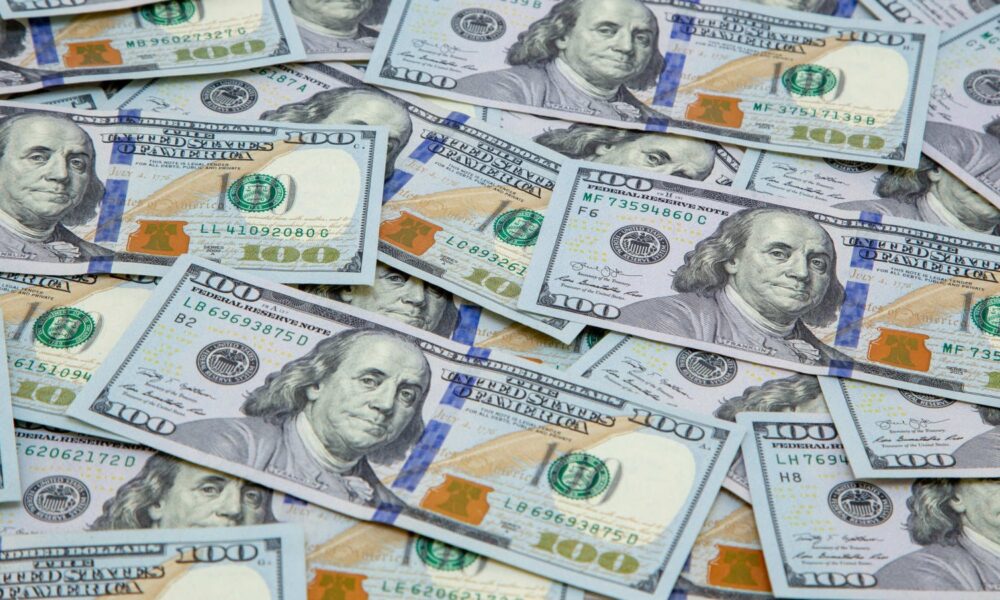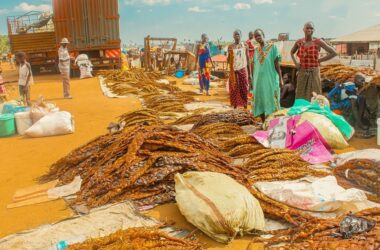By Bida Elly David
South Sudan faces escalating inflation characterized by a rising US dollar against the South Sudanese pound (SSP).
Prices of essential goods like maize flour, beans, and cooking oil have jumped significantly, putting pressure on household budgets.
No.1 Citizen Daily Newspaper established on Sunday, in the forex market 100 US Dollar sold at 120,000 SSP while buying 130,000 SSP, which significantly impacts on commodity prices.
Price Surge
A 50kg of maize flour has risen from 34,000 SSP to 40,000 SSP, 50kg sack of beans from 50,000 SSP to 60,000 SSP, and cooking oil 20-liter jerry can from 45,000 SSP to 50,000 SSP.
Meanwhile, a bag of charcoal which used to sell at SSP 7,000 has clocked to 10,000SSP as a packet of salt sell at 400SSP with a litre of fuel costing at 1,500 SSP.
Furthermore, 1Kg of goat meat or mutton now sells at 10,000 up from 8,000SSP to SSP while beef stands at 9,000 SSP respectively.
This steady increase in essential commodities prices has greatly impacted households which has limited income sources.
Consumers like Zendia Betty said they are forced to cut back on meat consumption, shifting to fish and alternative options.
“It’s not easy to eat meat thrice a week… the only way is to replace with fish as a compliment to meat” she describe the worrisome situation.
Economist Abraham Matoch has criticized the government institutions like the finance ministry, central bank, and trade ministry for failing to control the market and promote domestic production.
Matoch also castigated black market dollar speculators for manipulating the market and calls for their stricter regulations.
He also contemplated on the importance of having a fixed market economic since South Sudan is more of an importing country than export.
“There is no market balance… supply is not working… it’s a free market economy, but not a real one, it’s a black market calculation” he described the country’s economy.
The economist cited the 2011-2014 period when the dollar was fixed at 2.91 SSP noting that commodity prices were stable.
Matoch now calls for urgent action, urging the government to intervene, regulate the market, and crack down on black market activities.
“This country will never grow if the economy is controlled by a few individuals… we must build our own economic system.” The economist urged.
Last year, the national ministry of finance in collaboration with the Central bank had promised to offer credit loans to domestic traders in a bid for economic recovery but the move is yet to bear fruits.
They also promised to offer cash discounts to commercial bank and other clients over deposition as well as vowed to end street money exchangers who are seen as threat to the economy.



